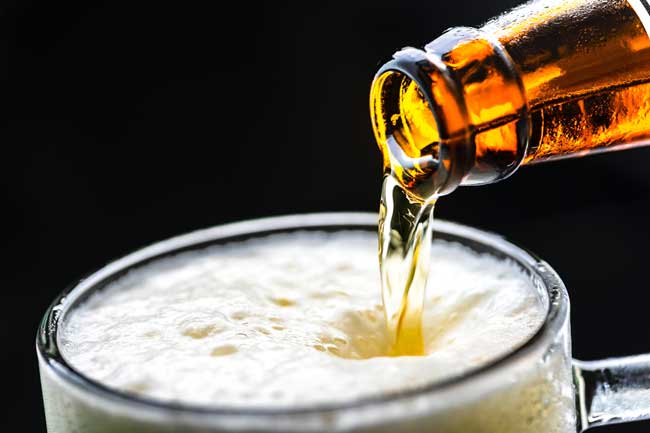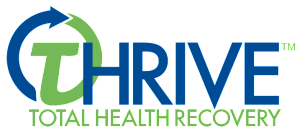 Approximately 88,000 deaths per year were linked to excessive alcohol consumption from 2006 to 2010.
Approximately 88,000 deaths per year were linked to excessive alcohol consumption from 2006 to 2010.
A new study from the Centers for Disease Control and Prevention finds that alcohol is to blame for one in 10 deaths among working-age adults (20-64 years) in the United States. The report was published June 26 in Preventing Chronic Disease. The study took into account the health effects resulting from both long-term use as well as drinking too much in a short period of time. The long-term effects included ailments such as breast cancer, liver disease, and heart disease.
Examples of effects in the short-term include violence, alcohol poisoning, and motor vehicle crashes.
To determine the findings, researchers analyzed data from the Alcohol-Related Disease Impact (ARDI) application for 2006-2010. ARDI provides state-specific and national estimates of alcohol-attributable deaths as well as years of potential life lost. The highest death rate due to excessive drinking was in New Mexico (51 deaths per 100,000 population), and the lowest was in New Jersey (19.1 per 100,000).
According to the CDC, excessive drinking is defined as alcohol consumption that falls in the following three categories:
- Binge drinking (4 or more drinks on an occasion for women, 5 or more drinks on an occasion for men)
- Heavy drinking (8 or more drinks a week for women, 15 or more drinks a week for men)
- Alcohol use by pregnant women or those under the minimum legal drinking age of 21
In the wake of these results coming to light, one question undoubtedly looms: What can be done to minimize the loss of life from excessive drinking? “CDC is working with partners to support the implementation of strategies for preventing excessive alcohol use that is recommended by the Community Preventive Services Task Force, which can help reduce the health and social cost of this dangerous risk behavior,” said Robert Brewer, M.D., M.S.P.H., head of CDC’s Alcohol Program and one of the report’s authors. Evidence-based strategies recommended by the independent HHS Community Preventive Services Task Force include increasing alcohol taxes, regulating alcohol outlet density, and avoiding further privatization of alcohol retail sales.
If you have a loved one in need of effective treatment for alcohol abuse or alcoholism, contact Gulf Breeze Recovery today to learn more about our alternative rehabilitation program THRIVE: Total Health Recovery.
Check out some of our latest posts from our recovery blog.
Early Alcohol Sensitivity Can Help Predict Predisposition to Alcohol Use Disorder
January 29, 2021
Researchers Identify Role of Key Brain Signaling Protein in Alcohol Use Disorder
January 29, 2021
College Students Who Returned Home Due to Pandemic Drinking Less
January 29, 2021
Overdose Deaths Soar in the Midst of a Pandemic
January 27, 2021
End Chronic Relapse and Start a New Life!
At Gulf Breeze Recovery we don’t want you to have just a great recovery, we want you to have a great life!


 Approximately 88,000 deaths per year were linked to excessive alcohol consumption from 2006 to 2010.
Approximately 88,000 deaths per year were linked to excessive alcohol consumption from 2006 to 2010.






